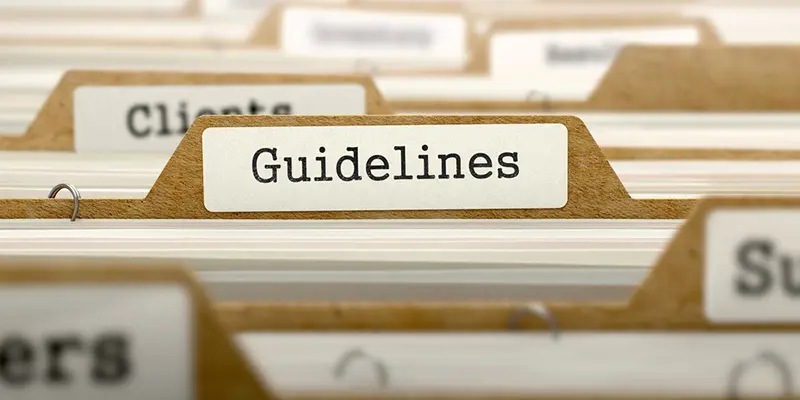
ADD also called ADHD is a national health crisis that continues to grow. According to the Centers for Disease Control and Prevention (CDC), 20% of boys and 11% of girls are being diagnosed with it.
Even though it is now being diagnosed more frequently than ever, it remains one of the most misunderstood and incorrectly treated illnesses of our day.
ADD often has a powerful negative impact on a person’s ability to do well in school. In fact, studies show that as many as 33% of kids with ADD never finish high school (3 times the national average). If you look at the following list of hallmark symptoms of this neurobiological disorder, it is easy to see why:
- Restlessness
- Short Attention Span
- Distractibility
- Impulsiveness
- Procrastination
- Forgetfulness
- Hyperactivity
- Disorganization
Students with ADD are often not identified by their schools as needing assistance and end up falling through the cracks.
However, after years of receiving complaints from parents, the U.S. Department of Education just released new guidelines intended to prevent schools from discriminating against the ever-increasing population of students with ADD.
Furthermore, the guidelines direct school districts to identify students with ADD and provide appropriate accommodations to assist them in being successful in school. Additionally, the guidelines entitle parents to ask that their child is evaluated by their school district.
As reported in the Los Angeles Times, the U.S. Department of Education’s assistant secretary for civil rights, Catherine Lhamon, was quoted as saying, “The failure to provide needed services to students with disabilities can result in serious social, emotional and educational harm.”
Identification of the disorder is just the first step.
ADD, like many other conditions, is not just a single and simple disorder; therefore, treatment is not a one-size-fits-all solution.
With more than 125,000 brain scans in our database, we have identified 7 types of ADD—and each requires a different treatment plan because of the diverse brain systems involved. What works for one person with ADD may not work for another—or could even make the symptoms worse!
When properly diagnosed, kids and teenagers with ADD & ADHD can heal and live a happy life. Amen Clinics has helped tens of thousands of people with ADD from all over the world and can help you, too. To learn more or schedule a comprehensive evaluation, contact the Amen Clinics today or call 888-288-9834.





I have struggled with these symptoms but was never tested for add or adhd. How do adults get help for this?
Comment by Renee O'Brien Ballard — August 10, 2016 @ 2:59 PM
A local psychologist or psychiatrist can do the testing, diagnosis and treatment. There is a DNA test that will identify which medicine is best for you. Tyrosine amino acid and Krill Oil are natural supplements that sometimes help. Neurofeedback is the newest treatment not yet covered by insurance.
Comment by DJthoughts — August 13, 2016 @ 4:22 PM
Hi Renee, it would be very helpful to start by finding out what type of ADD you have in order to best know what to do about it. You can start by taking our confidential 4 minute type test which will also provide you with insights about how to treat it: http://addtypetest.com/
Comment by Amen Clinics — August 20, 2016 @ 11:23 AM